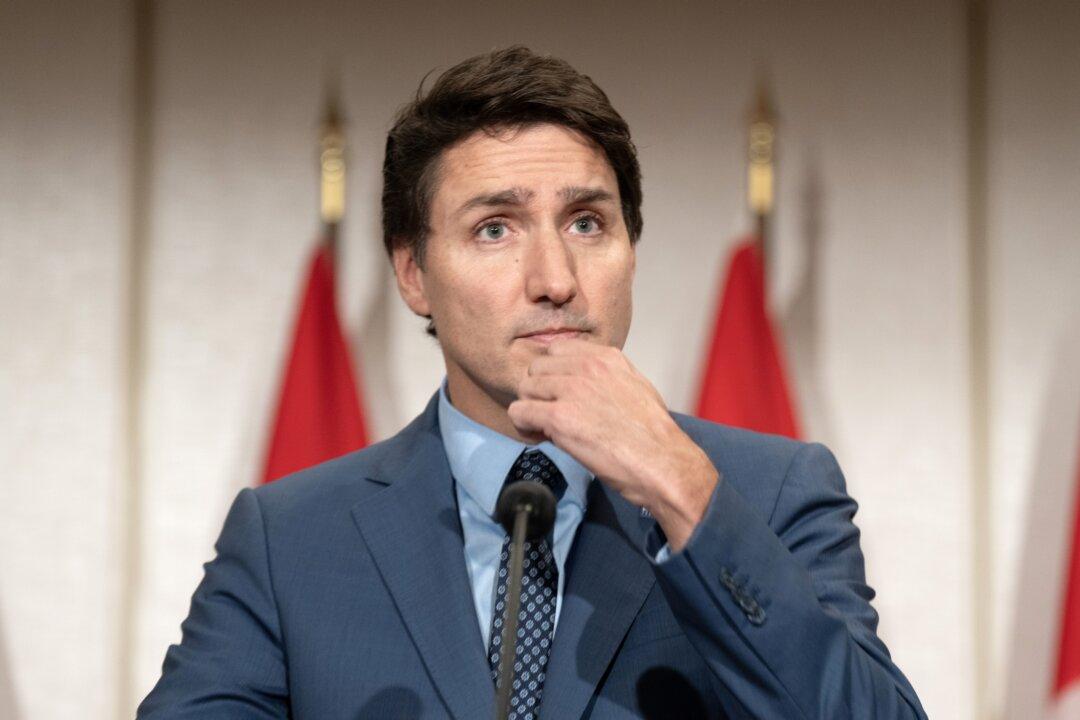Following a Statistics Canada report that Canada’s GDP fell in the third quarter of 2023, Prime Minister Justin Trudeau provided assurances that his government’s fiscal responsibility of recent years would allow Ottawa to provide Canadians facing “challenging times” with more assistance.
“We’re going to do it in a fiscally responsible way. Because we have been so fiscally responsible over the past years, we have room to respond if there is more to do,” Mr. Trudeau told reporters on Nov. 30 in regard to government spending.





